Explainer: Elections in the Philippines
Duterte's Legacy, the Candidates, the Issues, and the Jingles
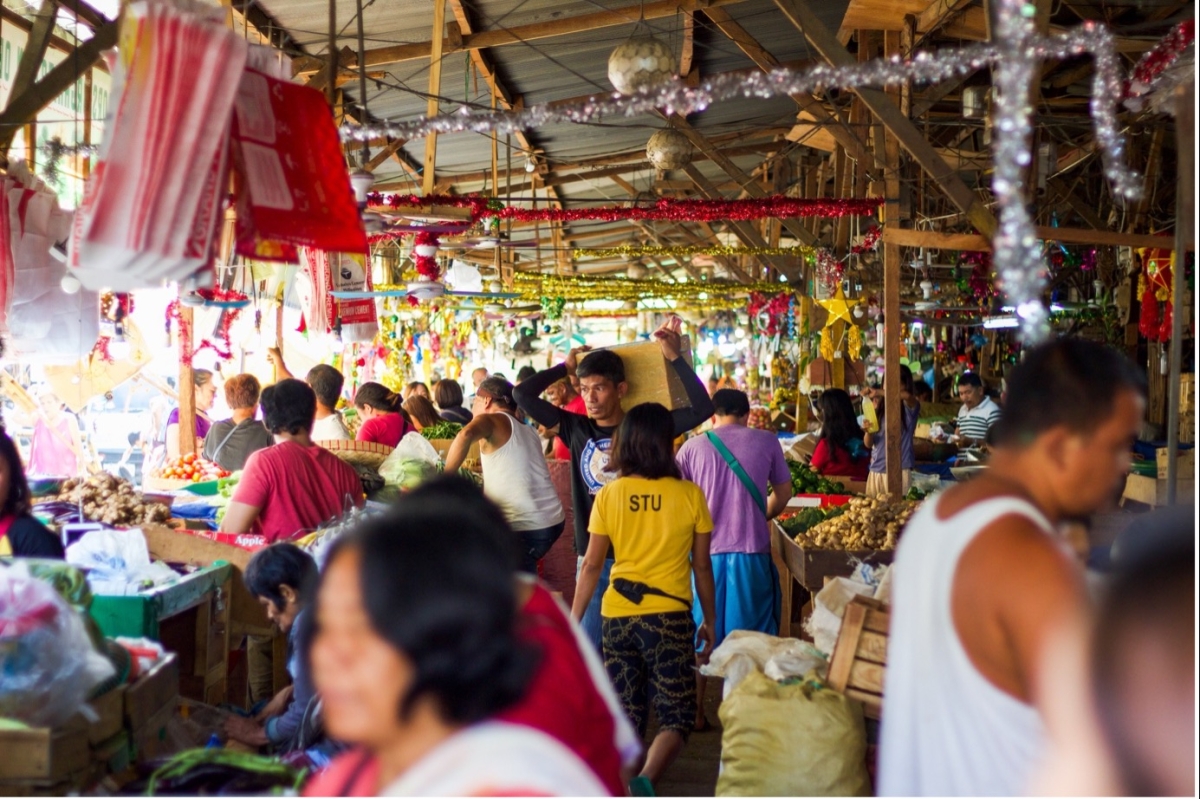
A market in Cebu, the Philippines. / Photo: Hitoshi Namura, Unsplash
WHAT YOU NEED TO KNOW
- With elections due on Monday, May 9, President Rodrigo Duterte leaves a legacy of thousands of deaths in his war on drugs and of an economy hit heavily by the pandemic.
- Bongbong Marcos, son of the former dictator has a strong lead in the polls thanks to a majority of voters being under 30. He campaigns on a broad pledge to bring unity.
- His opponent, current vice-president Leni Robredo, promises a more transparent government, which gives priority to marginalized groups and invests billions for better housing and job creation.
WHAT'S HAPPENING
On May 9, 67.5 million Filipino voters elect the country's 17th president. The six tumultuous years of Rodrigo Duterte, who cannot run again due to the one term limit, come to an end.
One issue looms larger over the election than all others: will the country elect another Marcos to the Malacañang palace in Manila? Ferdinand 'Bongbong' Marcos, Jr., son of the former dictator, leads in the polls. But his opponent Leni Robredo could yet pull off an election day stunt.
Let’s catch you up with a quick overview of Duterte’s legacy, the main issues shaping this election, and the candidates vying for the top job.
Plus: jingles!
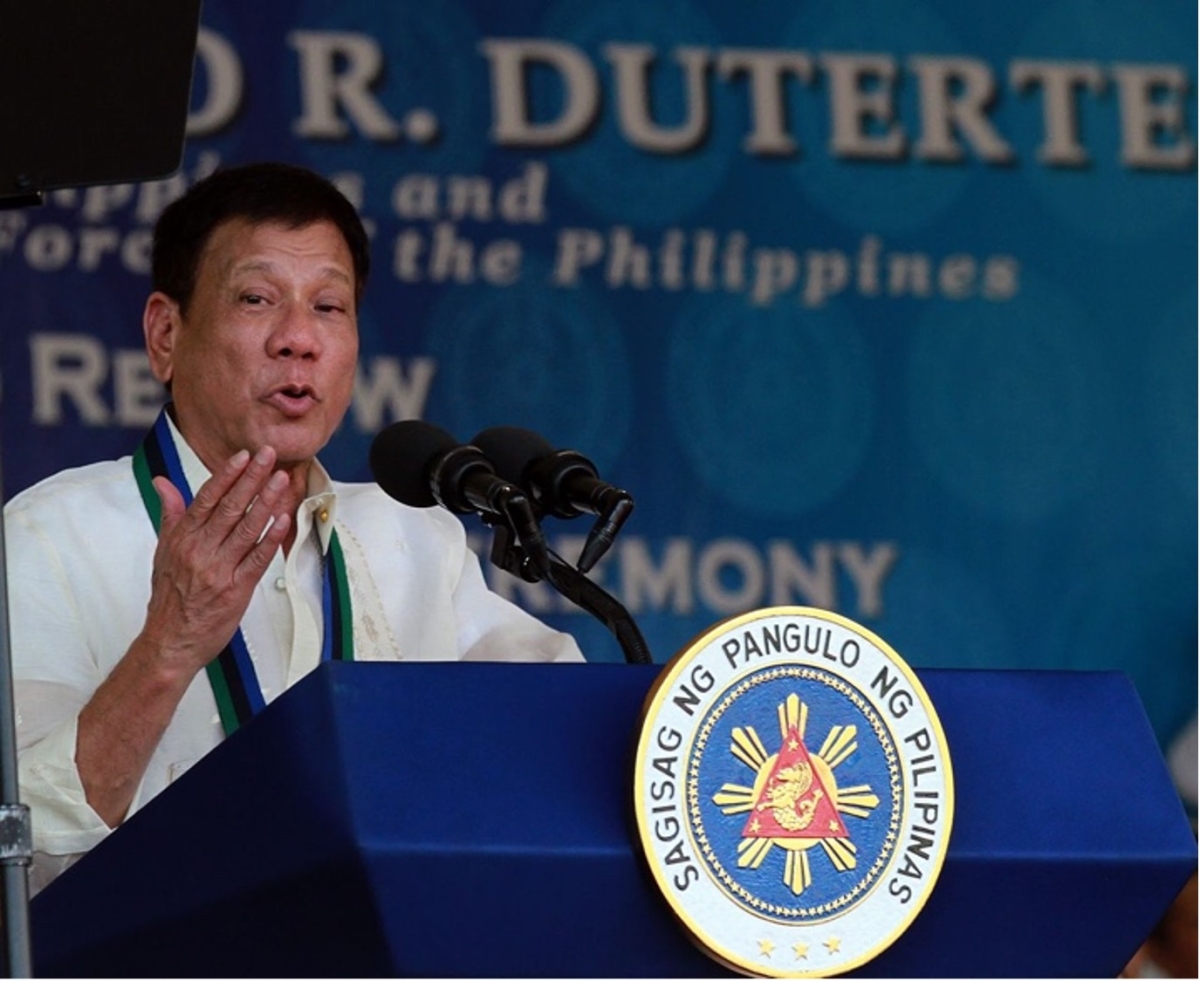
DUTERTE'S LEGACY
- His brutal war on drugs is undoubtedly Rodrigo Duterte’s biggest legacy. And a dark one at that. Conservative estimates claim at least 7,742 people have been killed by police and vigilante gangs. The International Criminal Court is investigating whether Duterte should be prosecuted for crimes against humanity. Meanwhile, recent polling shows illegal drugs are a top concern for only six percent of voters.
- Elected as the outsider and foul-mouthed defender of the common man, Duterte leaves office with mixed reviews. The 9.5 percent loss in GDP during the pandemic plays a big role in that. He only recently signed a new Foreign Investments Act, hoping for a boost by significantly opening up the economy to outside investors.
- His big infrastructure investment plan resulted in only 18 out of 119 projects being delivered. Here too, the pandemic gets the blame.
- Duterte brought the Philippines closer to Beijing. He even joked his country could become a province of China. It was his attempt at creating an ‘independent’ foreign policy, meaning less reliant on the United States.
- His strongman tactics caused the Philippines to slide down multiple indexes on press freedom, good governance, and rule of law. But, given the big chance that Marcos, Jr., will be elected, it seems a majority of voters hasn’t quite had enough of the strongman model.
“The families of the past are familiar, their promises predictable,” political commentator Manuel L. Quezon III said in our episode of A Closer Look on the Philippines. “The growing consensus is to slide back to the comforts of a mythical strongman past.”
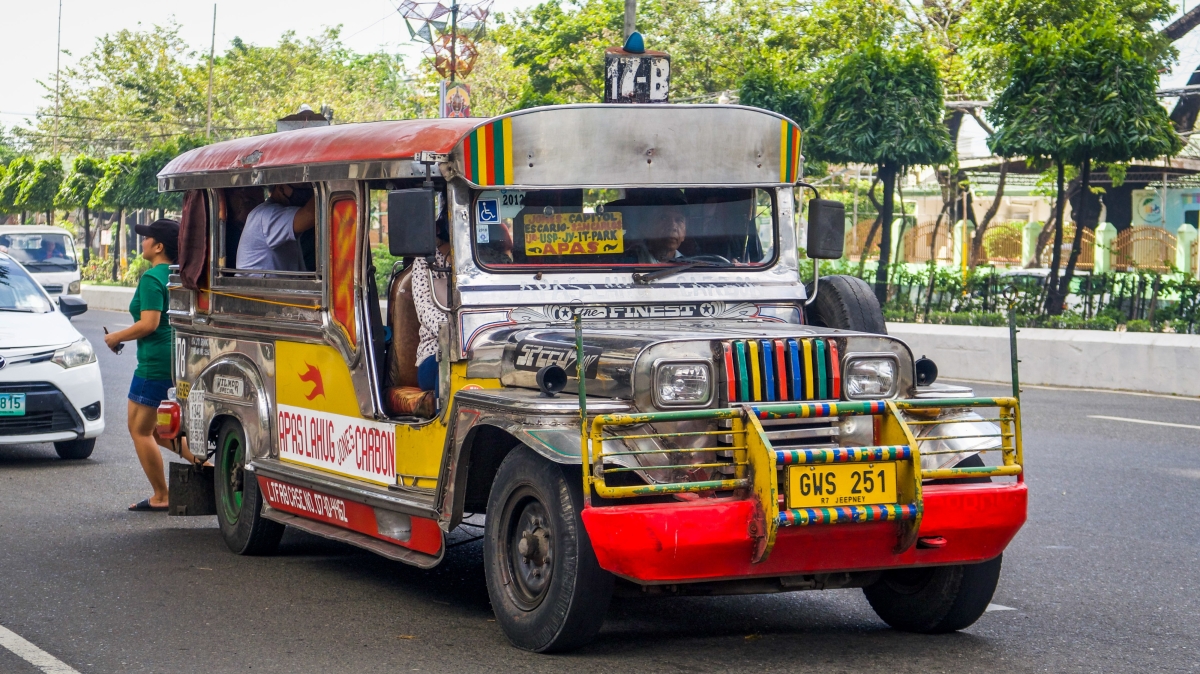
THE ISSUES
- The number one issue Filipinos want their next president to tackle is jobs. Unemployment sits at 6.4 percent. Additionally, 13 percent is underemployed. Before the pandemic, 2.2 million Filipinos had to go abroad to find work.
- Corruption, another hot topic, comes with the deeply rooted system of patronage politics, which renders political parties virtually meaningless. It’s about the man or woman at the top alone. Or better: about the handful of dynasties that govern the Philippines. That won’t change with a Marcos win, who is running with Rodrigo Duterte’s daughter Sara as vice-presidential candidate. The duo does not only have the support of their own powerful political families, but also of the clans around former presidents Arroyo and Estrada.
- Anti-China sentiment has been growing as Beijing continues to encroach on Philippine waters in the South China Sea. Filipinos want a harsher stance from their president, something that seems to get through to both top candidates.
- The big unspoken issue of this election is: do Filipinos choose to have another Marcos as their leader? Bongbong’s father, Ferdinand Marcos, Sr., became president in 1965. In 1972, he installed martial law and transformed into a brutal dictator. In 1986, he was ousted by the People Power revolution. Half of the current electorate is under 30, born long after 1986. These new generations have neither memory nor experience of the violent rule of Marcos, Sr., and are now turning out en masse for his son.
THE CANDIDATES
Ten candidates are running for the highest office, but only two have a realistic chance of winning. Bongbong Marcos is the front runner. His main contender, and the only woman in the race, is Leni Robredo. Her poll numbers are less than half of Bongbong’s, but she can still win if the opposition decides to unite behind her.
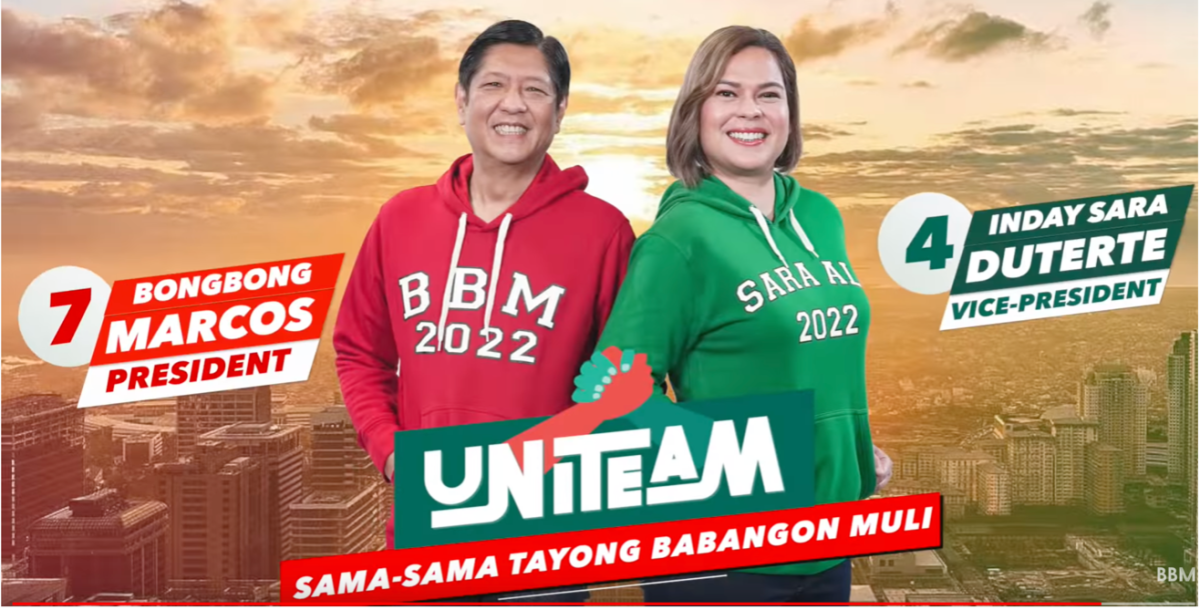
FERDINAND 'BONGBONG' MARCOS, JR. (64)
As the son of Marcos, Sr., Bongbong has the support of the old guard dynastic forces that still shape much of the political elite. On top of that, his partnership with vice-presidential candidate Sara Duterte, daughter of the current president, delivers him the backing of the strong populist social media wave that brought Rodrigo Duterte to power.
- Marcos promises to continue Duterte’s drug war, although he wants to shift the focus from enforcement to prevention.
- He will also stick with Duterte’s ‘build, build, build’ infrastructure program.
- On China, he first said he will ignore the ruling of the Permanent Court of Arbitration in The Hague, which sided with the Philippines on control over its waters in the South China Sea. Growing anti-Beijing sentiment has recently led him to a harsher stance, however, promising to deploy warships to defend the country’s sovereign rights in the South China Sea.
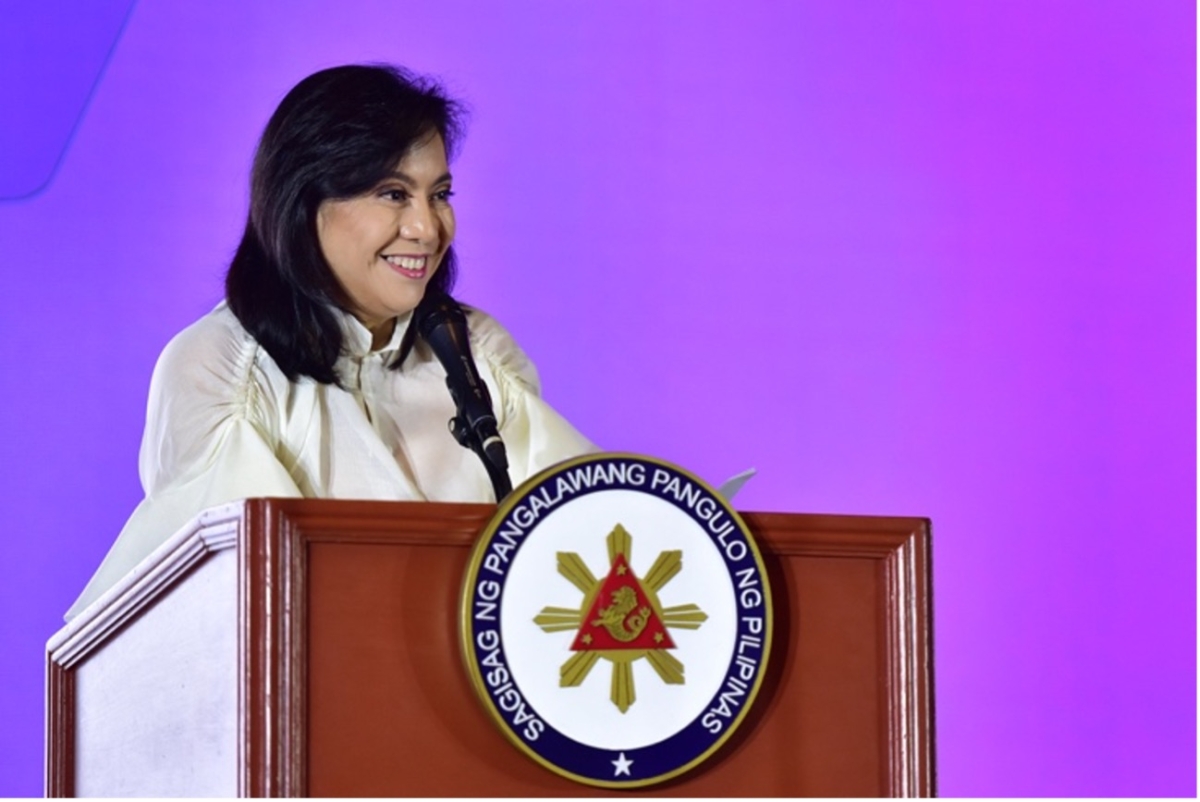
LENI ROBREDO (57)
The current vice-president (the office is elected separately from the president) is one of Duterte’s fiercest critics, accusing him of ‘senseless killings’ in his war on drugs. Her agenda reads as a direct answer to the main concerns of the population.
- Robredo promises transparency in the public sector, better healthcare, and to lead ‘a government that cares about the people’, with a strong focus on marginalized groups.
- She plans to revive the pandemic-hit economy by launching a 192 billion pesos (3.7 billion US dollars) jobs program and to channel 50 billion pesos (960 million US dollars) a year to housing for the poor.
Robredo wants China to recognize the Philippines’ sovereignty over an area of the South China Sea, as granted by the Hague ruling. However, she is open to cooperation with Beijing in other fields, especially trade and investment.
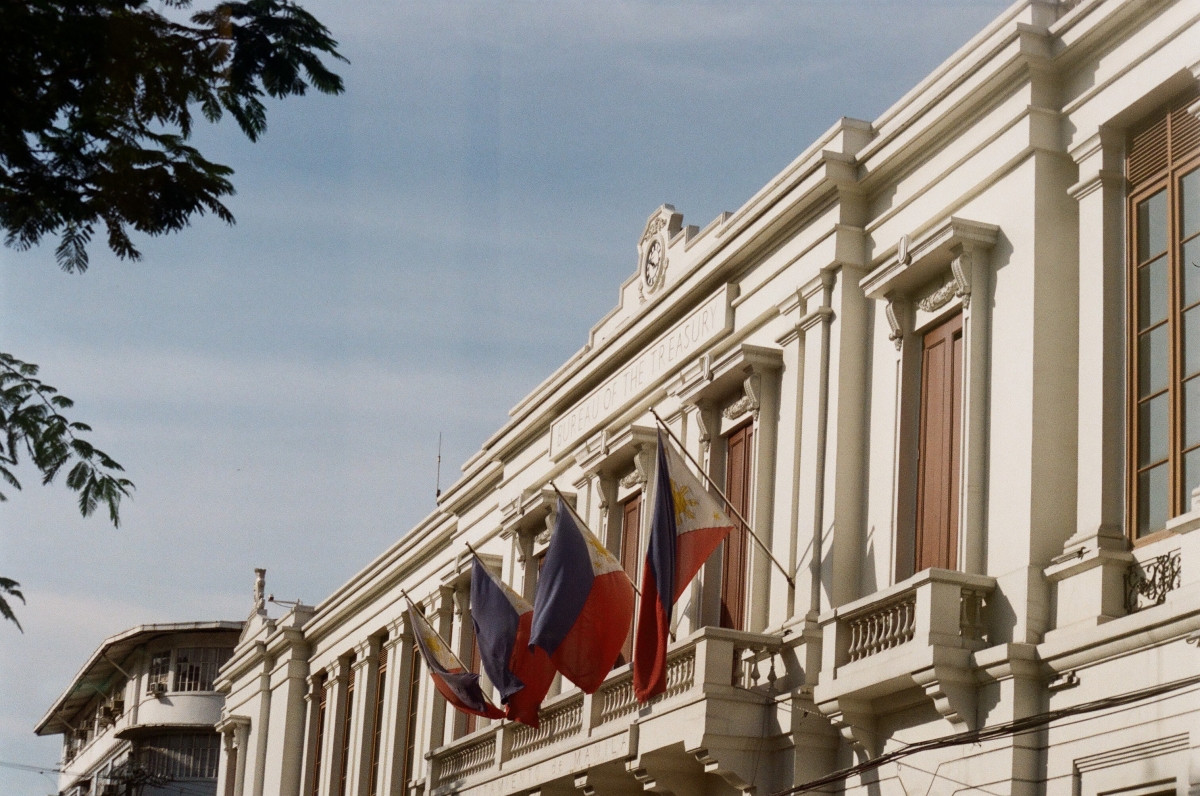
KNOW MORE
- For an in-depth and personal look at current issues playing in the Philippines, check out this recent episode of our series A Closer Look, featuring historian Mina Roces and political commentator Manuel L. Quezon III.
- Our friends at Asia Society Philippines recommend this timeline of election-related news including commentaries and analyses from the Rappler team, the Vote Pilipinas site with info on all candidates and their platforms, as well as this feature from Nikkei Asia on the remarkable rise of Bongbong Marcos.
- Dominique Fraser, Research Associate for the Asia Society Policy Institute in Australia, clarifies what the Philippines election means for the Indo-Pacific.
- Finally, here’s a lecture Philippines-born journalism professor Sheila Coronel gave last week at the Asia Center of Harvard University, titled ‘Philippines at the Crossroads: Will There Be Another Marcos Presidency?’
The election results could take a week or more to be finalized. The next Philippine president will be inaugurated at noon on 30 June local time, 06:00 CEST.
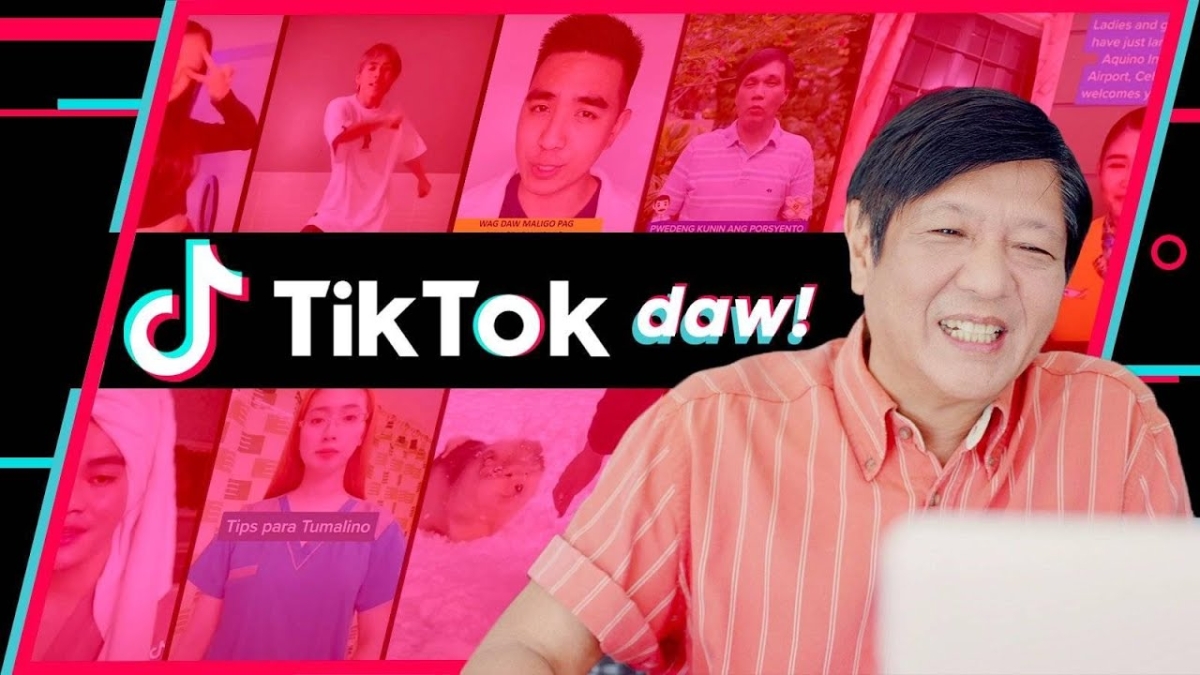
SOCIAL MEDIA AND THE ELECTIONS
The Philippines is one of the most online countries on earth. The average Filipino spends nearly four hours a day on social media. TikTok and the likes are the main source of trusted news for an overwhelming majority.
Bongbong Marcos has been playing the game like a master, which is an important factor for his strong lead in the polls. His team runs an unparalleled disinformation campaign, exposed by Rappler, the online publication founded by Nobel Peace Prize laureate Maria Ressa.
'BBM', meanwhile, keeps posting videos of wardrobe makeovers and his review of TikTok dances on YouTube, where he has 2.2 million subscribers and garnered over 105 million views.
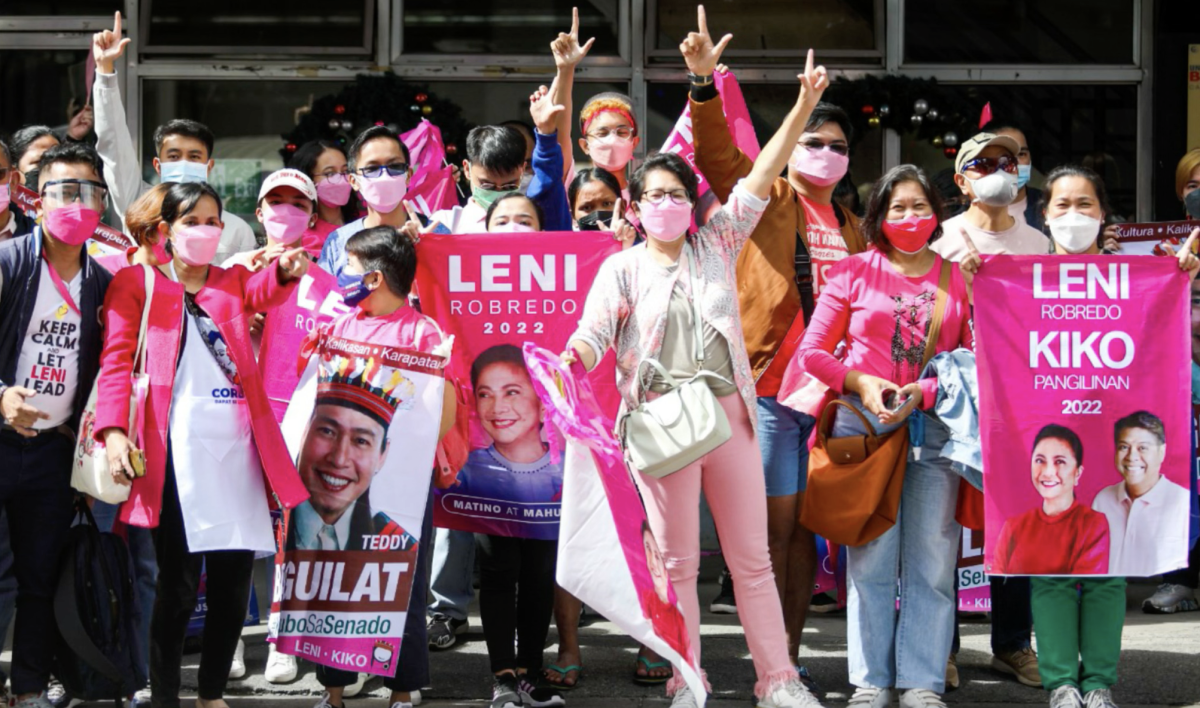
BONUS: JINGLES
Election jingles and catchy original songs are a tradition ever since Ramon del Fierro Magsaysay ran for president in the 1950s with the swinging ‘Magsaysay Mambo’.
Dive into the role election jingles have in the Philippines with this great report from PRI’s The World.
And, of course, the two top contenders for this year's race are both rising above a jingle and have gone for completely original songs as the soundtracks to their campaigns.
Leni Robdredo's 'Ating Pinuno' is here.
Marcos, Jr.'s 'Ikaw ang President ko' is here.